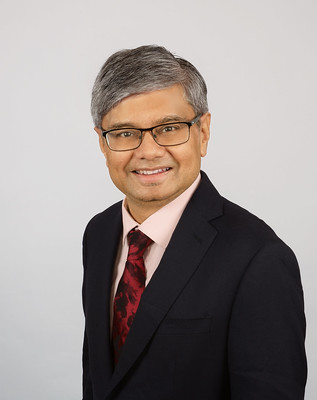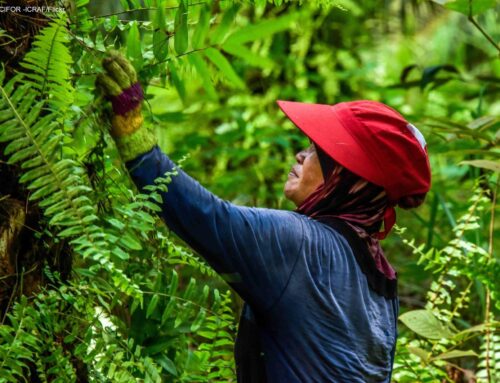Policy-makers around the world are challenged by finding ways to encourage the movement of workers from the informal sector to the more productive formal sector and, concurrently, creating opportunities for more dynamic informal firms to flourish and grow, providing their workers with decent and remunerative work.

Professor Kunal Sen (Source)
The 18th Sadli Lecture will be delivered by Professor Kunal Sen (Director, United Nations University World Institute for Development Economics Research/UNU – WIDER) entitled Broken ladders? Labour market inequality in Indonesia and India.
Abstract. We examine the nature of labour market inequality in Indonesia and India, using a common conceptual approach, drawing from the Job Ladder framework. In the framework, we differentiate between self-employment and wage-informal and between formal, upper tier informal and lower tier informal jobs. We examine the nature of labour market inequality in Indonesia and India, using a common conceptual approach, drawing from the Job Ladder framework. In the framework, we differentiate between self-employment and wage-informal and between formal, upper tier informal and lower tier informal jobs. We find that both countries have a large proportion of workers in lower tier jobs, though the importance of wage-employment is larger in Indonesia. There are more workers in formal wage-employment in Indonesia than India. There are also sharp disparities in the earnings of workers in different tiers of the labour market in Indonesia and India, and there is limited evidence of convergence of the earnings of the lower tier informal workers to that of formal workers. We also find that gender, location and educational level are important correlates of work status in both countries. Female, urban and less educated workers occupy the lower tiers of the labour markets in the two countries.
The 18th Sadli Lecture will be held on Wednesday, 8 May 2024 at 09.00-12.00 WIB at Auditorium, Faculty of Economics and Business, Universitas Indonesia Campus, Depok in hybrid format.
PROGRAM (Jakarta time, GMT+7)
09:00 – 09:30 Registration
09:30 Opening remarks by Associate Professor Firman Witoelar (ANU Indonesia Project)
09:40 Keynote remarks by Dr Teguh Dartanto (Dean, FEB UI)
09:55 Lecture: Broken Ladders? Labour Market Inequality in Indonesia and India by Professor Kunal Sen (UNU-WIDER)
10:40 Discussion by Dr Maria Monica Wihardja (ISEAS-Yusof Ishak Institute) and Dr I Dewa Gede Karma Wisana (Lembaga Demografi, Universitas Indonesia)
11:10 Question & answer session
12:00 Close of event
E-certificate is only available for attendance in person.
English-Indonesian interpretation and Indonesian sign language interpretation are available online.
Slides and video for past seminars:




